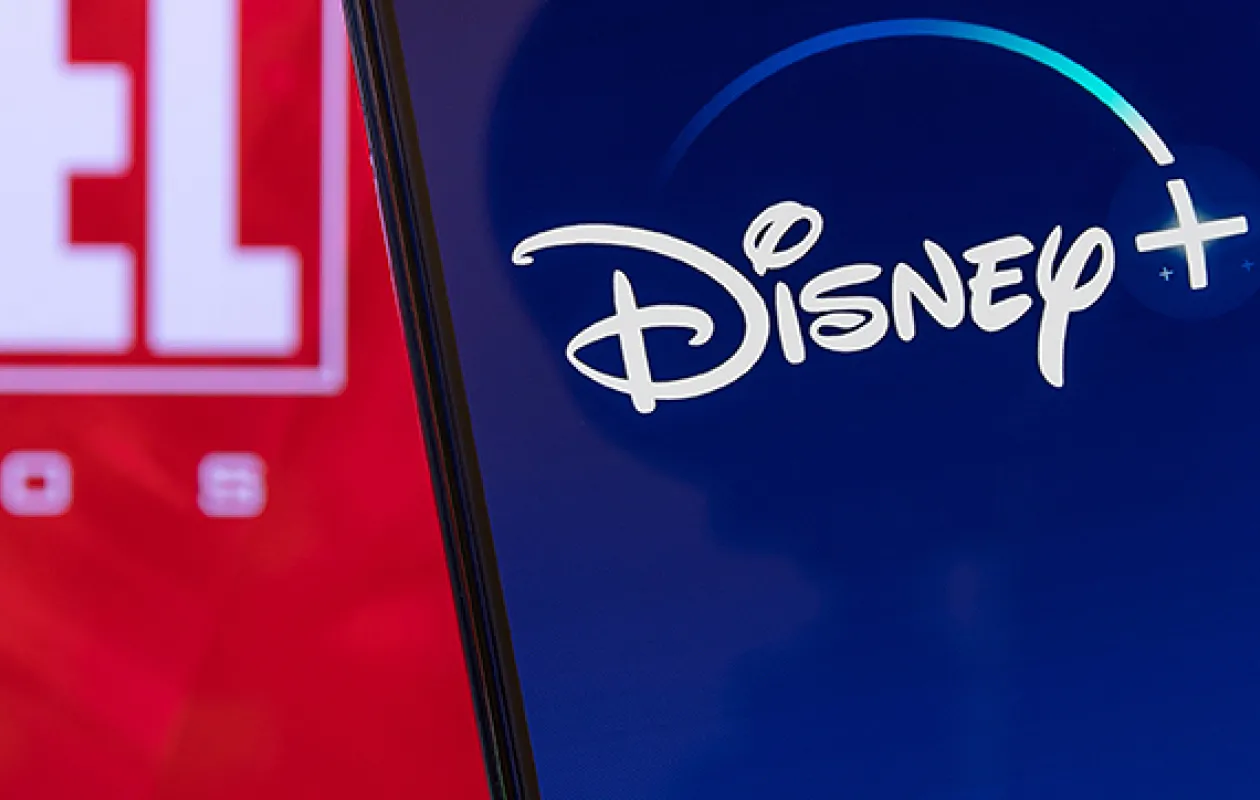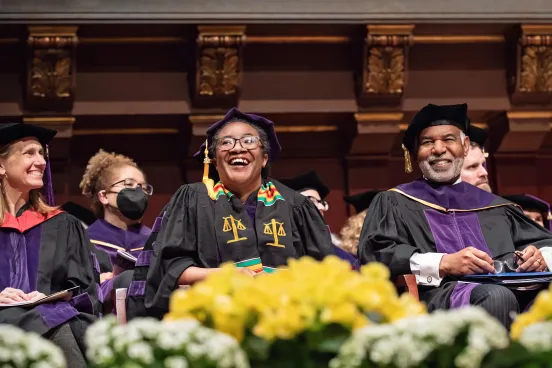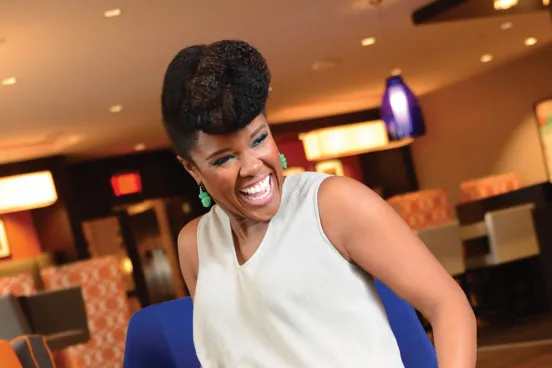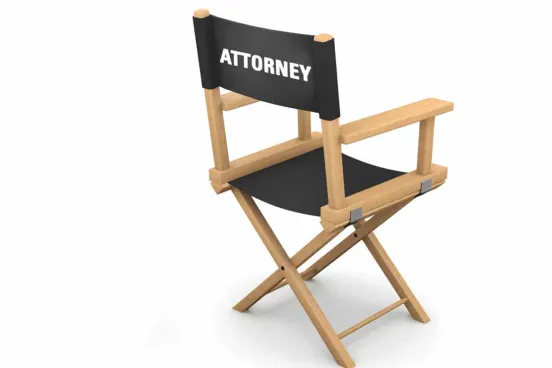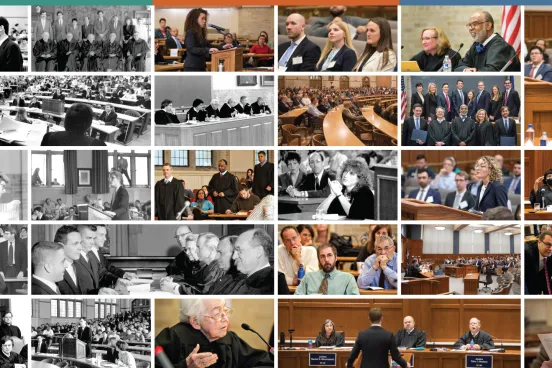
When Disney released the much-anticipated film Black Widow in July 2021, people didn’t need to head to their local theater to see Scarlett Johansson star as the Avengers heroine. They just needed to find their remotes.
That’s a win for people accustomed to lounging at home during the pandemic. And a win for Disney, whose simultaneous release of the movie in theaters and on its streaming platform, Disney+ (known in the industry as a day-and-date release), diversified its revenue and bolstered Disney+ subscriptions.
But Johansson’s lawyer, John Berlinski, ’99, argued that it was unfair to his client, whose compensation under her contract was based primarily on box office receipts and whose contract therefore contained provisions promising that Black Widow would be a “theatrical release…like Marvel’s other films.” Berlinski argued that because Disney released Black Widow day-and-date, something the studio had never before done with a Marvel film, Disney had cannibalized box office receipts and thus reduced the value of Johansson’s deal by tens of millions of dollars.
Challenging a behemoth
Berlinski made these allegations on Johansson’s behalf while representing her in the lawsuit that she filed against Disney a few weeks after the release of Black Widow. The suit was big news in Hollywood and worldwide because of the nature of the case and because an A-list celebrity called out Disney.
In a statement after Johansson filed the suit, Disney said, “The lawsuit is especially sad and distressing in its callous disregard for the horrific and prolonged global effects of the COVID-19 pandemic.”
Berlinski shot back: “It’s no secret that Disney is releasing films like Black Widow directly onto Disney+ to increase subscribers and thereby boost the company’s stock price—and that it’s hiding behind COVID-19 as a pretext to do so.”
Disney then filed a motion to compel arbitration based on Johansson’s arbitration clause in her contract with Marvel Studios, a subsidiary of The Walt Disney Company. “Disney was arguing that it should obtain the benefit of an arbitration clause that applied only to the ‘parties’ in an agreement to which it was not a party,” Berlinski says, noting that the case settled before he and his team formally filed their opposition to Disney’s motion to compel arbitration.
While the terms of the settlement are confidential, Berlinski was proud to represent Johansson in this groundbreaking case.
“There are very few people in her position with the guts to go after The Walt Disney Company publicly. To be chosen as her advocate in this important matter was a true honor.”
A highly visible practice
Berlinski, who recently joined Bird Marella as a partner, was partner and head of the entertainment division at Kasowitz Benson Torres during the Johansson suit. In eight years there, he was lead counsel for another high-profile profit-sharing case.
From 2015 to 2019, Berlinski represented the co-stars of the television series Bones, Emily Deschanel and David Boreanaz, and its producer, Kathy Reichs, in a lawsuit against 20th Century Fox. Berlinski, who tried the case in arbitration, argued that Fox deprived his clients of tens of millions of dollars owed to them under the profit participation clauses of their contracts by licensing the show for artificially low fees to its affiliates, including the streaming platform Hulu.
The result—a $179 million arbitration award for fraud and breach of contract—is the largest arbitration award ever issued in a profit participation dispute.
“Our clients felt vindicated,” says Berlinski, who adds that the opportunity to try a case like that was why he had left his role as the head of television litigation for NBC Universal. “I learned a tremendous amount working in-house at NBCU. Ultimately, however, I longed to be the person presenting arguments to judges, juries, and arbitrators.”
Dubbed “the profit participation maestro” by Deadline, Berlinski has represented other talent in similar matters, and is well known for his involvement in bet-the-company disputes on behalf of musicians, casinos, and theme parks. “The entertainment industry, and particularly how content in that industry is created, distributed, and exhibited, is constantly evolving,” Berlinski says. “Disputes are one consequence of that evolution, and I’m fortunate to have litigated some notable ones.”


